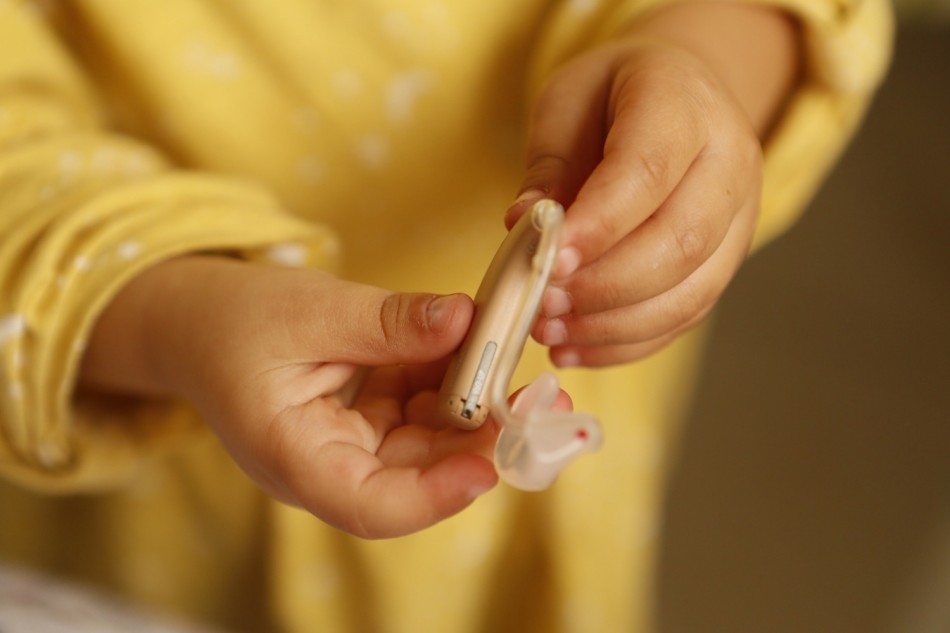Over-the-Counter Hearing Aids Not for Kids: Experts

For those Americans who have hearing loss can now purchase their hearing aids over-the-counter without having to see a doctor as the Food and Drug Administration (FDA) updated and changed the rules in August, clearing the way for the devices to be bought in retail stores. This serves as a stepping stone for those with mild to moderate hearing loss and may fortunately even lower the cost of hearing aids for individuals who will no longer be mandated to get prescriptions, medical exams, or see audiologists to get hearing aids.
However, there's one section of the population that would not benefit from this new policy which is the children. According to data published by the Centers for Disease Control and Prevention (CDC), between 1 and 3 per 1,000 kids have hearing loss. Nonetheless, parents with kids who may have hearing loss need to be well-informed that these over-the-counter hearing aids are only meant for adults. They are also not for adults who might suffer from more severe forms of hearing loss.
Nevertheless, if you are worried about your child's condition as you think they may suffer from hearing loss. Worry no more as there are still various steps you can take to get your child help from experts and professionals.
Read Also: Why Teens Should Not Wear Hair Ties Around the Wrist?
When should you get your child a hearing aid?
Jen Thomson, an assistant director of audiology for Colombus Speech & Hearing says that early intervention is the main key for young ones. In fact, all babies will have their hearing screened at the hospital shortly after birth, hence, if the baby does not pass the newborn hearing screening, they would be referred for diagnostic testing right after discharge.
The diagnostic test can determine if there is a hearing loss occurring in the baby's ear, along with the form and severity of the loss. The test can also determine if the hearing loss is in one or both ears. Normally, audiologists follow a 1-3-6 benchmark which means that the child should have their hearing screened before they reach 1 month of age, afterwards, they would have a hearing evaluation before 3 months of age.
If hearing aids or other intervention is essential, such should be completed before 6 months of age. Thomson added that the earlier a kid can be identified and began intervention, the more likely they will have favorable results. Yet, even if the infant has passed a certain hearing screening before, still bear in mind the signs parents should look out for as some hearing loss may occur later, per Very Well Family.
Are hearing aids beneficial for young ones?
Thomson added that hearing aids are incredibly beneficial for kids as the instrument itself helps with various types of hearing loss in children of almost all ages. Further, hearing sounds, music, and words help kids learn to talk and understand. Thus, if kids have hearing issues, it would be hard for them to develop speech, language, and other social skills in school.
They may also be unable to communicate with their friends and other adults. So, consider seeking an audiologist's help as they can definitely help you find the right hearing aid for your child but not the over-the-counter hearing aids
American Speech-Language-Hearing Association (ASHA) suggests getting hearing aids at an early age for kids to fully develop both communication and social skills. Babies and very young kids can wear hearing aids, audiologist will also discuss the child's needs and help you find the best hearing aids to fit those needs.
Related Article: Cheaper Hearing Aids on the Way for Americans After FDA Finalizes Rule
© 2024 ParentHerald.com All rights reserved. Do not reproduce without permission.
